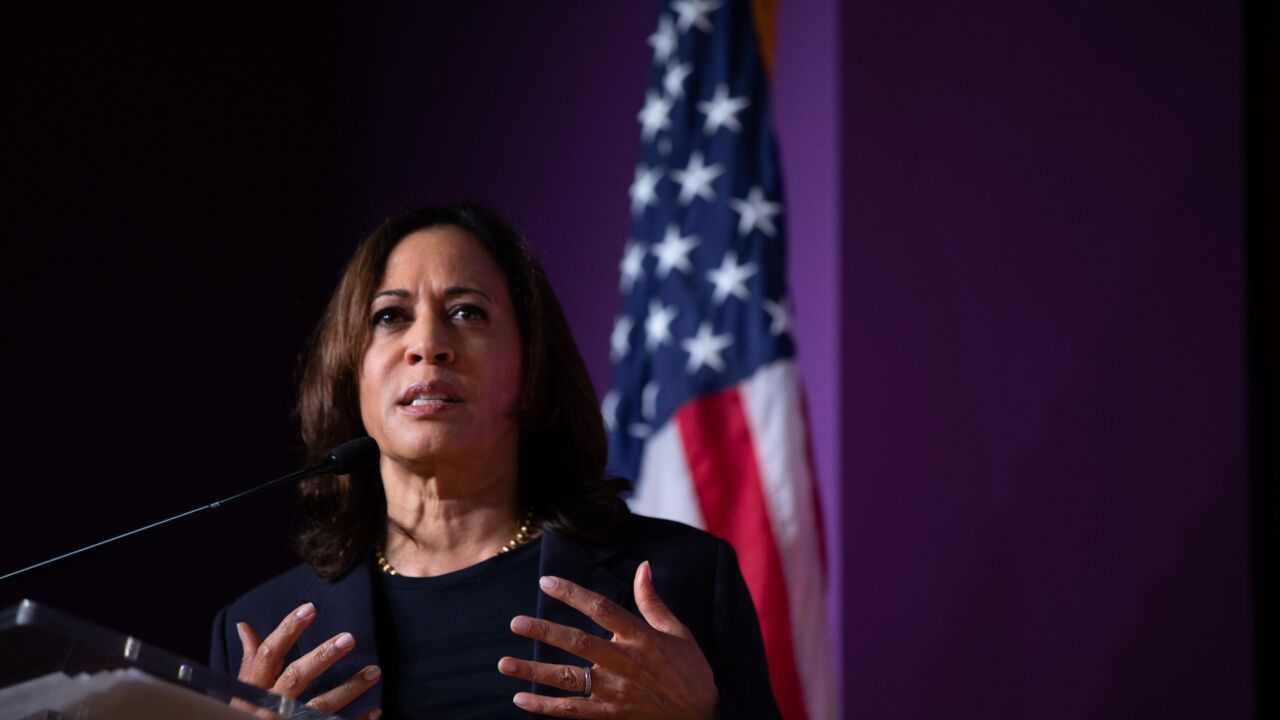
Fresh off a proposal to eliminate medical debt from credit reports, the Consumer Financial Protection Bureau issued a report describing consumer complaints about the inaccuracies of their unpaid medical debts.
The CFPB on Thursday released its annual
In September, the CFPB proposed
CFPB Director Rohit Chopra has said that unpaid medical bills are not a strong indicator of a consumer's ability to repay a debt. "Medical billing history has very limited predictive value in underwriting decisions on loans," Chopra
Banks and the debt collection industry oppose taking medical debt off credit reports because they claim creditors would not have a full understanding of a consumer's debt load. The third-party debt collection market is a $17.9 billion industry with more than 6,300 collection agencies.
"The CFPB appears to have a predetermined outcome that it intends to move forward with the proposal, despite concerns raised by creditors, credit reporting agencies and the debt collection industry all providing evidence of significant disruptions in the market, as well as harm to consumers and small businesses if the CFPB moves forward," said Scott Purcell, CEO of ACA International, a trade group that represents third-party collection agencies, law firms and creditors. "The proposal could have a sweeping impact on the health care market, insurance coverage, and the larger economy."
The Consumer Financial Protection Bureau proposed major changes to the Fair Credit Reporting Act, including eliminating all medical debt from credit reports. But banks and financial firms said the plan would upend 50 years of how courts have interpreted the law.
The CFPB report largely cites consumers who have complained to the bureau about debt collectors pursuing medical bills that they did not owe, had already paid off or found to be inaccurate. Last year, the CFPB received roughly 8,500 complaints about medical debt collection practices, less than 1% of the nearly 1.3 million total complaints it received in 2022, but 15% of total complaints about debt collection.
The CFPB, which does not have jurisdiction over insurance companies, offered some explanations for why collection practices around medical billing are challenging.
"In many cases, people are faced with multiple bills from different providers, confusing procedure codes, opaque pricing, and uncertain insurance coverage," the report states. "When people seek out emergency medical services, they generally do not contract in advance for a stated upfront service cost; they are instead asked to sign a blanket form purportedly agreeing to pay whatever amount the provider bills."
The bureau said in the report that medical debt collectors may be violating the Fair Debt Collection Practices Act and Regulation F if they are collecting on debts that are not actually owed or collecting the wrong amount. Doing so may also constitute an "unfair, deceptive, or abusive acts or practices," known as UDAAP. Debt collectors that try to collect on medical bills that are prohibited by the federal No Surprises Act of 2022 may also face liability under the FDCPA and Fair Credit Reporting Act, the CFPB said.
The No Surprises Act protects people covered under group and individual health plans from receiving surprise medical bills when they receive most emergency services and nonemergency services from out-of-network providers at in-network facilities.






